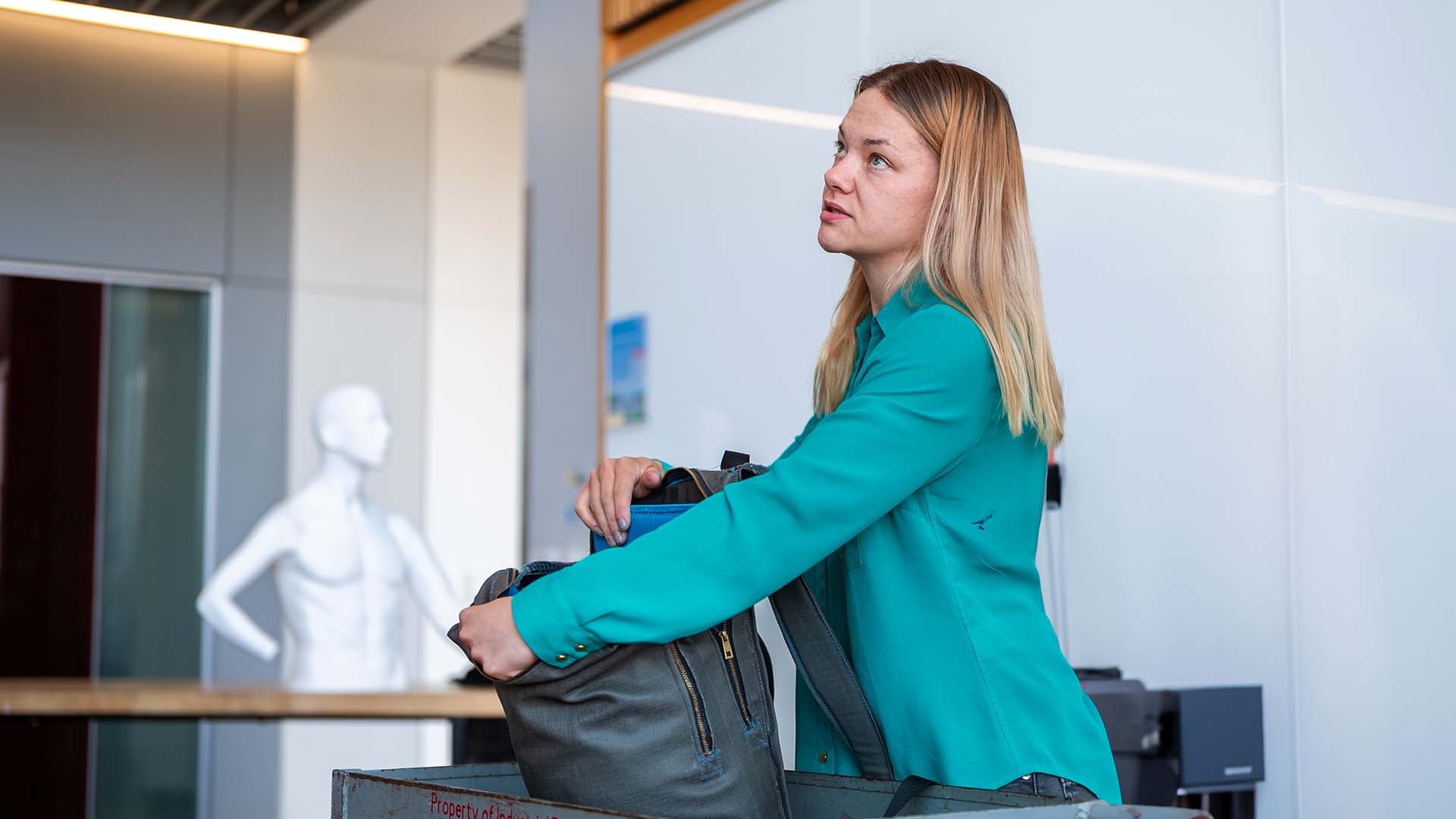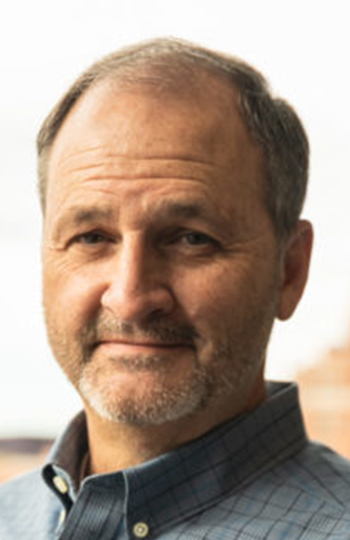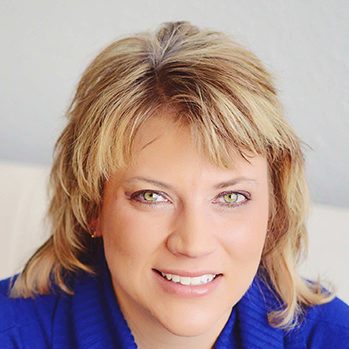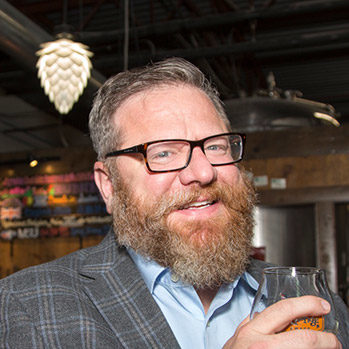The latchkey kid unlocking human commonalities
MSU Denver commencement speaker Gayle Lemmon discusses her humble roots, reporting from all over the world and the universality of the human spirit.
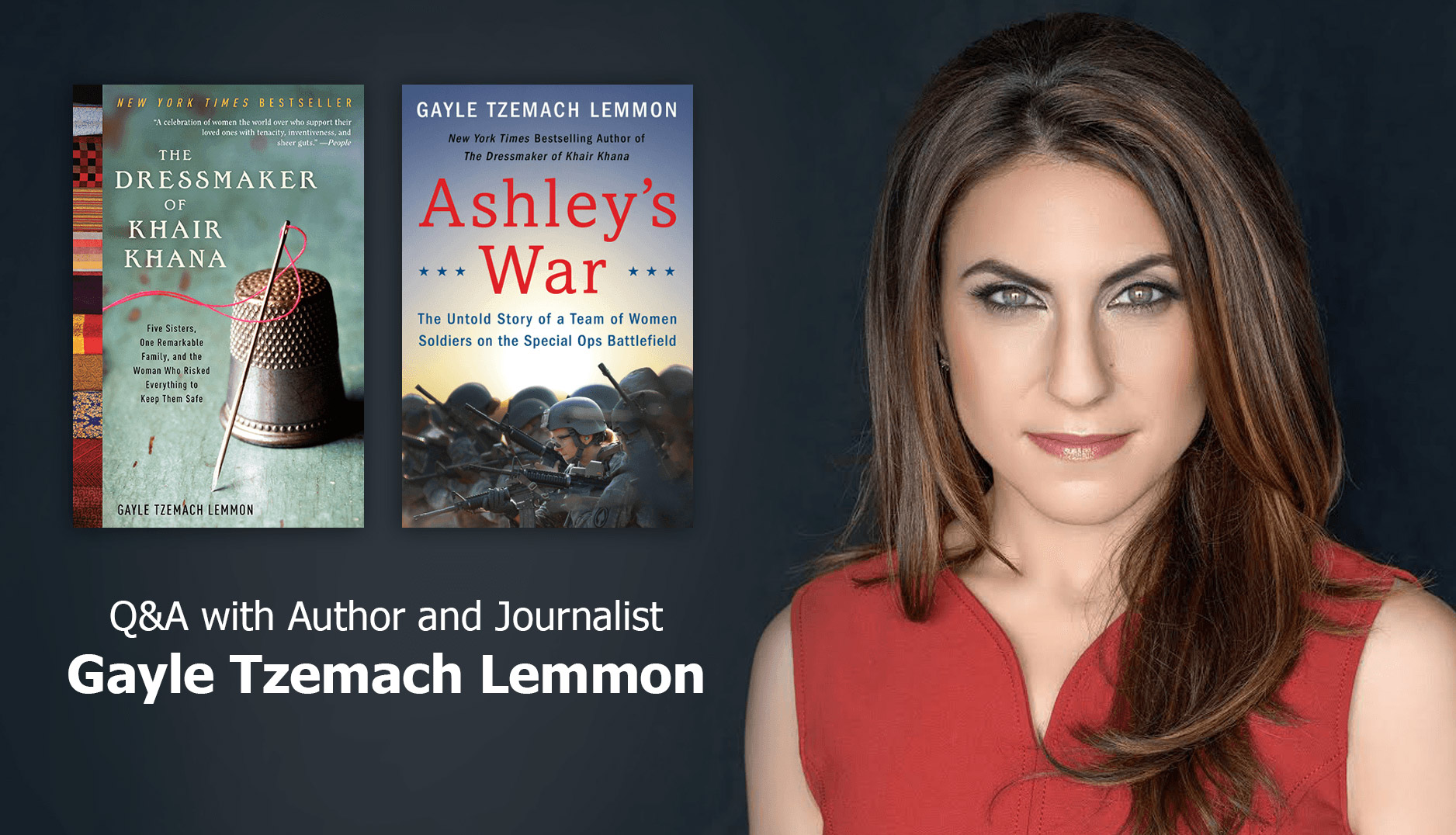
Gayle Tzemach Lemmon is a writer and storyteller who has authored two New York Times best-selling books, “The Dressmaker of Khair Khana,” about a young Afghan entrepreneur supporting her community under Taliban rule, and “Ashley’s War,” about an all-women special operations team recruited for Army Ranger and Navy SEAL missions back in 2011, when women remained officially banned from ground combat.
Lemmon is also a national security analyst for CNN and an adjunct senior fellow at the Council on Foreign Relations. She will speak at Metropolitan State University of Denver’s two commencement ceremonies on May 11.
You’ve penned best-selling nonfiction books, written for acclaimed news publications, and worked behind the scenes and in front of the camera for various broadcast networks. What do you like most about your career?
Gayle Lemmon: My career has been built around getting attention for and shining a spotlight on issues, people, organizations and places I think are important that I think other people should think are important.
I think the best storytelling takes away the “other” from the way we see the world. I learned that from all the people who raised me. My mom was from New York, my godmother was an evangelical from Pennsylvania, my aunt is Mexican from Ciudad Juarez and my father is from the Middle East. My whole childhood was about crossing worlds. It really taught me to have so much respect for people you meet in all kinds of circumstances.
It’s important to show, especially in the toughest parts of the world, that there aren’t just victim stories. There are people who fight every single day for their own futures, and we don’t talk about them enough like that.
In 2004, you’d had years of professional success and a journalism job in Washington. You left ABC News to pursue an MBA at Harvard. Why was it important to you to continue your education?
GL: I wanted to have a career that I could control and move in and out of the private sector. I truly believe that business is the force changing the world for the better and for the more challenging, and I wanted to understand it. A lot of people told me I was insane – why leave a job you love and a job you’re good to go to graduate school?
The thing that made me fearless was watching the people I grew up with. We had nothing to begin with, so you didn’t have anything to lose. Everybody was working two jobs. I understood how hard it was to not be in control of your career, your life and your income, and I learned that from the community of single moms I grew up in. All of these people sacrificed so much for me to have these opportunities that I truly felt I had to make the most of them.
Your two books are about women in the Middle East affected by ongoing warfare, including citizens and soldiers in Afghanistan. What characteristics allowed these women to thrive in such difficult conditions?
GL: It’s funny, because people sometimes write about the two books and think they’re very different, but I’ve always looked at them as sharing the same backdrop – communities of women, underestimated from the outside, who rise to the moment in service to something bigger than themselves.
They’re stories about resilience and courage and friendship and sisterhood. So many times, people we see as “other” are actually the key to making a difference in a very difficult moment.
You have a third book in the works; what is it about and how’s it coming along?
GL: It is about what ISIS has left in its wake, which is the most radical experiment in women’s equality in the least likely place, northern Syria. It is about a quarter of the way of the way done.
It’s about women and men who are shaping a future that looks very different from the past. You’d see these young women who spent four years fighting ISIS, and now they’re determined to build a very different — and women-focused — future for the next generation.
In addition to your travels to Afghanistan, you served as a Fulbright scholar in Spain and a Robert Bosch Foundation fellow in Germany. You’re fluent in four languages. What drives you to travel the world and immerse yourself in so many different cultures?
GL: It’s definitely not for the (airplane) movies or the miles.
It’s such a privilege to be able to see from the ground level of what people’s lives really look like and for people to let you into their world, to say, “Here’s what it looks like to be a 16-year-old girl in Syria,” or, “Here’s what it looks like to have a dad risk his life every day to have his daughter go to school in Afghanistan.” “Here’s what it looks like to start a business in Rwanda.” You’re trying to break through the noise and show the universality of the human spirit.
How does a globe-trotting author find herself speaking at MSU Denver’s commencement ceremonies?
GL: I took the opportunity for two reasons. One is (MSU Denver President) Janine Davidson, a former colleague, who I truly could not think more of as an individual and as a leader.
The second thing is the student body. I feel like my story is similar to those of these students. It means so much to me to be able to come there and talk directly with them on such an important day.
I think for so many years, I didn’t want to talk about where I came from because I thought it was a weakness, or I thought I would be found out, having come so far in terms of education levels and neighborhoods. What I realized eventually was that everything I really needed to know to make that journey, anything I’ve been able to accomplish, comes from all of the people I grew up with – the women who raised me.
Catch Lemmon at MSU Denver’s spring commencement ceremonies at 9 a.m. and 3 p.m. at the Denver Coliseum on May 11.


